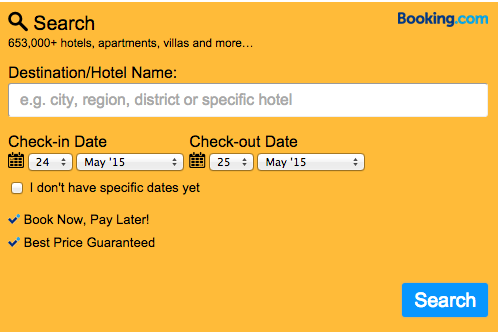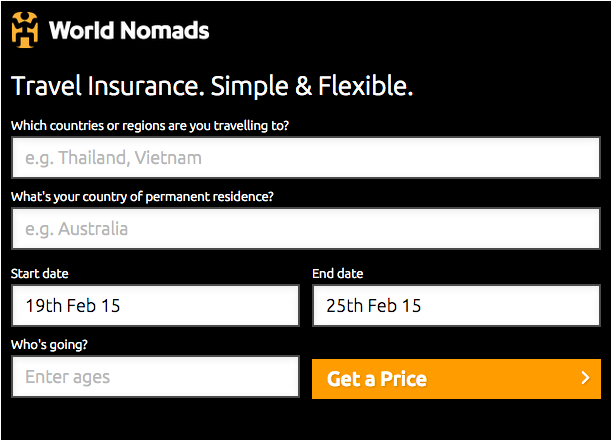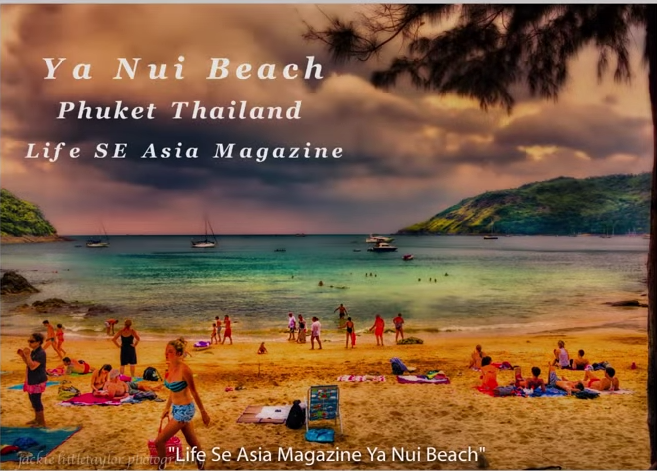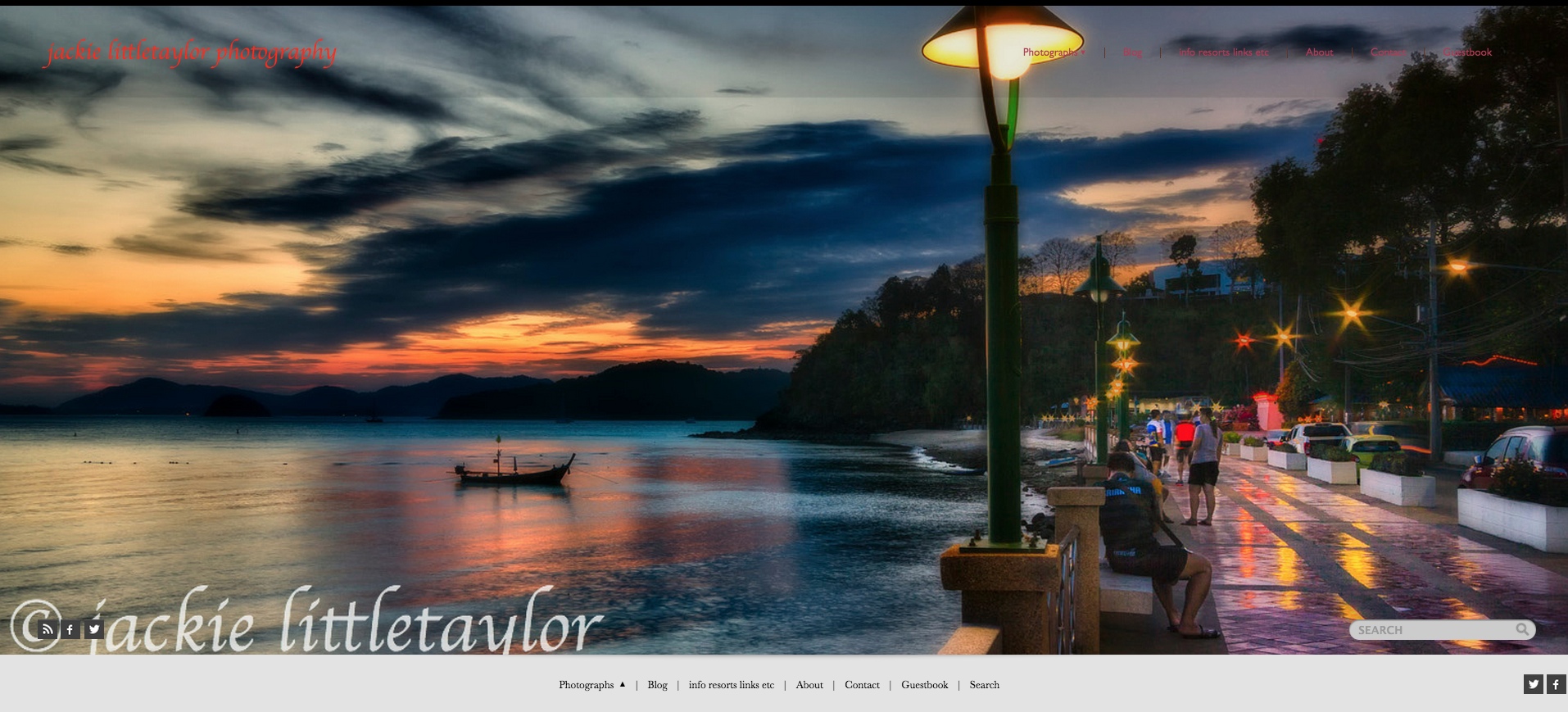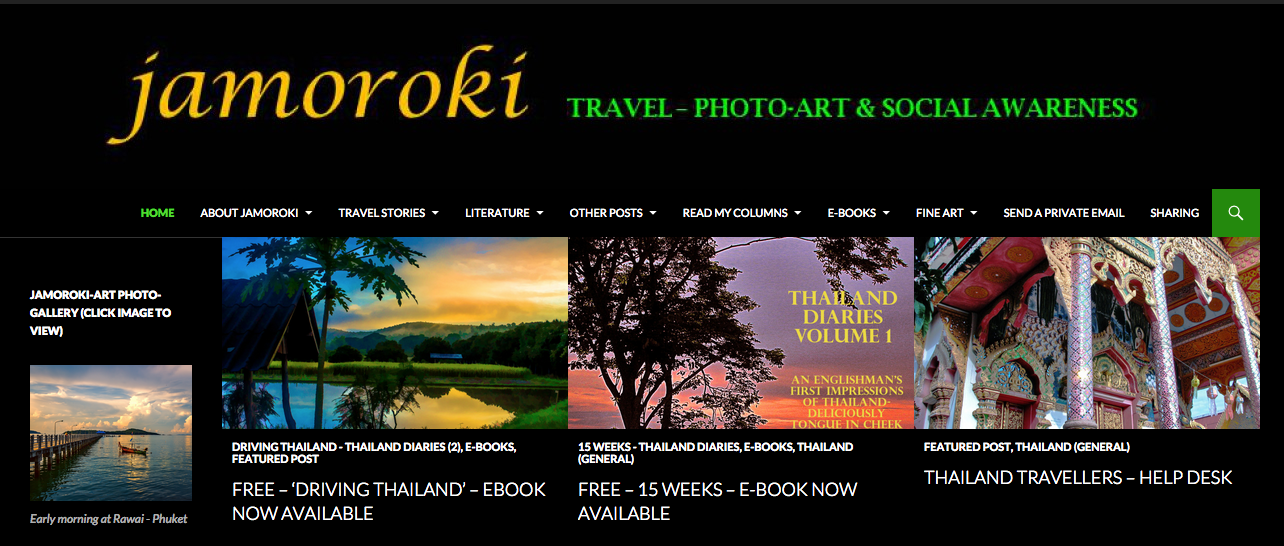Visa Information
we are not lawyers and this is just general information on getting a visa , types, and what is required. Check with you Country Embassy for more information.
Tourism in Indonesia
On February 1, 2004, Indonesia introduced unpopular and tighter tourist visa regulations. Although tourist visas were formerly free and valid for 60 days, visitors from certain countries were now required to purchase one of two visas on arrival (VOA): a US$15 visa valid for 10 days or a US$25 visa valid for 30 days. This was heavily protested by the tourist industry, which pointed out that this cost adds up for families and 30 days is a very limited time to travel in Indonesia with a number of remote and hard to reach locations. The countries now subject to these tighter regulations include Argentina, Australia, Brazil, Canada, Denmark, Finland, France, Germany, Hungary, India,Italy, Japan, New Zealand, Norway, Poland, South Africa, South Korea, Switzerland, Taiwan, United Arab Emirates, the United Kingdom and the United States. On July 14, 2004, the Indonesian tourism ministry granted permission for more countries to be included on the VOA list, including Iran, Saudi Arabia, Kuwait, Belgium, Spain, Portugal, Russia, Egypt, Austria, Ireland, Qatar and Luxembourg These visa were not valid for extension of conversion into any other kind of visa and the visa holder was required to leave the country on or before the 30th day of the stay.
As of 2014 the regulations changed again and the only type of visa on arrival (VOA) available is for 30 days for a fee of US$35. This new version of the VOA may be extended later at a local Immigration office for a further once only period of up to 30 days for a fee of Rp 250,000. The previous 7 day visa on arrival was no longer available from January 2010.
Currently Indonesia allows visa free entry to the citizens of 12 countries. The nationals of these countries who are going on holiday, attending conventions or engaging in similar such activities are allowed to stay in Indonesia of up to 30 days without visa. This type of visa cannot be extended, transferred or converted to any other kind of visa; nor can it be used as a working permit. Those visitors eligible under the visa waiver program have a visa issued at the Indonesian border checkpoints with that issuance subject to the discretion of the visa officer. The visa is not for employment and is not extendable. The citizens of the following countries are eligible: Brunei Darussalam, Chile, Ecuador,Hong Kong SAR (Special Administrative Region), Macau SAR (Special Administrative Region), Malaysia, Morocco, Peru, Philippines, Singapore, Thailand, Vietnam. These visas cannot be extended or converted to another type of visa.
The citizens of 17 countries need to obtain an approval from the immigration services head office the Direktorat Jenderal Imigrasi in Jakarta. The 17 countries are: Afghanistan, Israel, Albania, North Korea, Angola, Nigeria,Bangladesh, Pakistan, Cameroon, Somalia, Cuba, Sri Lanka, Ethiopia, Tanzania, Ghana, Tonga, Iraq and those effected must have a sponsor in Indonesia either a personal or company, the sponsor must go in person to the Immigration Head Office in South Jakarta (Jakarta Selatan) and must produce a photocopy of applicant’s passport, a supporting letter and the applicant’s photograph. When it is approved, the Immigration Head Office will sends a copy of approval letter to the applicant.
Visitors to Indonesia are required to be in possession of valid passport with minimum of 6 months validity and a return or an onwards journey ticket at the time of arrival.
Other visa classes are available for entry into Indonesia including;
- Transit visa
- Visit Visa
- Tourist, Social, Business - for single and multiple journey
- Working visa (including dependants)
- Diplomatic service visa.
- Diplomatic service passport holders of 9 nations can obtain a visa valid for a 14-day visit; Cambodia, Mongolia, Cuba, Montenegro, Croatia, People’s Republic of China, India, Peru, Iran, Serbia, North Korea, Turkey, South Korea, Vietnam, Laos, Ecuador and Myanmar.
Entry/Exit Requirements for U.S. Citizens
from Jakarta Indonesia US Embassy
You will need a passport valid for at least six months following the date of your arrival to Indonesia. The U.S. Embassy cannot obtain entry permission for U.S. citizens with expiring passports. If you arrive and your passport has less than six month’s validity, Indonesian authorities will require you to depart Indonesia immediately to obtain a new U.S. passport elsewhere; you will not be allowed to renew your passport here and follow-up later with Indonesian authorities. Also, if your passport does not have the required six month’s validity remaining on your passport, you may be denied boarding at your point of origin or at a transit point en route. Generally, you should expect to wait two weeks for a U.S. passport to be issued outside of the United States.
You are required to have a visa to enter Indonesia, obtained either beforehand or, in limited circumstances, on arrival. Tourist passport holders traveling for private purposes may apply for a 30-day visitor visa on arrival at the airports in Jakarta, Bali, Surabaya, Banda Aceh, Medan, Padang, Pekanbaru, Manado, Biak, Ambon, Balikpapan, Pontianak, Kupang, Batam, and South Sumatra. Visas-on-Arrival are also available at a limited number of seaports, including the Batam and Bintan ferry terminals opposite Singapore, but they are unavailable at any land border crossing. Visas-on-Arrival are only for private, temporary business or pleasure visits. Travel for other purposes requires the appropriate Indonesian visa before arrival. Visas-on-Arrival are valid for 30 days and cost U.S. $25. A Visa-on-Arrival may be extended one time only. An onward/return ticket is required to apply for a Visa-on-Arrival at these ports of entry. The Indonesian Embassy website indicates that Visas-on-Arrival are unavailable to government travelers who want to enter Indonesia on a diplomatic or official passport for an official purpose or mission. For details on Visas-on-Arrival and other visa information please visit the Embassy of the Republic of Indonesia website.
If you are entering Indonesia through Bali, you must have two fully blank passport pages in your passport. If you are entering through other ports of entry, you must have at least one blank page. Indonesian immigration inspectors do not consider amendment pages in your passport as blank pages. If your passport is nearly full, be sure to obtain extra blank passport pages before you travel - go to How to Add Extra Pages to Your U.S. Passport. If you don’t meet Indonesian entry criteria properly, you may be denied entry on the spot with no recourse and put on the next available flight departing Indonesia.
Please be advised that Indonesian entry and visa procedures may be inconsistently applied at different ports of entry, and when faced with making a decision, Indonesian authorities usually make the more conservative, restrictive decision. Entry requirements are subject to change at the sole discretion of the Indonesian authorities, a process over which the U.S. government has no control.
You may apply for a visa at the Indonesian Embassy in Washington, D.C., or at an Indonesian consulate elsewhere in the United States. In some cases, you may also apply at Indonesian embassies and consulates in other countries. If you are traveling overseas and wish to apply for an Indonesian visa, you should inquire with the local Indonesian embassy in the country where you are currently traveling. For up-to-date information, travelers may contact the Embassy of the Republic of Indonesia : 2020 Massachusetts Avenue NW, Washington D.C. 20036, phone: (202) 775-5200, or at Indonesian Consulates in Los Angeles (213) 383-5126; San Francisco (415) 474-9571; Chicago (312) 920-1880; New York (212) 879-0600; and Houston (713) 785-1691. Visit the Embassy of Indonesia website for the most current visa information.
Indonesia strictly enforces its immigration/visa requirements. Travelers who overstay the date stamped in their Visa-on-Arrival are subject to a fine of 200,000 Rupiah, approximately U.S. $22, per day, and other sanctions. Westerners, including U.S. citizens, have been jailed for visa violations and/or overstays. Violators may also be subject to substantial fines and/or deportation from Indonesia for immigration and visa violations. Immigration officials have also detained foreigners for conducting work, academic, or other non-tourist activities while on visitor status. Even gratis volunteer work with local or international NGOs is not permitted on visitor status. Penalties for such immigration/visa violations have included a prison sentence of up to five years and a fine of Rupiah 25 million. Travelers should contact an Indonesian consular office to determine the appropriate visa category before traveling to Indonesia. Please consult the Criminal Penalties section below for further information.
All airline passengers, including children, diplomats, and officials, are subject to a departure tax, which must be paid in Rupiah, cash only. The international departure tax as of February 2010 is 150,000 Rupiah in Jakarta and varies at other international airports. The domestic departure tax in Jakarta is 30,000 Rupiah and also varies elsewhere.
The U.S. Department of State is unaware of any HIV/AIDS entry restrictions for visitors to or foreign residents of Indonesia. The Indonesian Government screens incoming passengers in response to reported outbreaks of pandemic illnesses.
Information about dual nationality or the prevention of international child abduction can be found on our website. For further information about customs regulations, please read our Customs
ATM’s
ATMs are increasingly common throughout Indonesia and most now accept Visa, Mastercard, Maestro and Cirrus. Confirm with your bank at home to ensure you can use ATM facilities in Indonesia, and also ask what charges apply.
ATMs in Indonesia have a maximum limit for withdrawals, sometimes it is 2,000,000Rp, but can be as low as 400,000Rp, which is not much in foreign currency terms. Problems can occur if your bank has a minimum withdrawal limit that is higher than the ATM’s maximum. In this case your transaction will be refused.
These days, most large towns have banks with ATMs, but as they often experience downtime it’s good to keep your options open
Read more: http://www.lonelyplanet.com/indonesia/practical-information/money-costs#ixzz3KMt4bmaj
Currency
Currency
The Indonesia Rupiah is also called IDR. Information of daily exchange rate can be found in newspapers or from the net. Some Indonesia banks provide this on their websites. IDR and US$ are the most acceptable currencies. Most tourism resorts have money changer facilities. When you are traveling to remote areas it is advisable to exchange your money and clear your check. Credit cards are only acceptable in big hotels, restaurants, shops and traveling agencies.
The unit of currency used in Indonesia is the rupiah (Rp). Denominations of 25, 50, 100 and 500 rupiah are in circulation in both the old silver-coloured coins and the newer bronze-coloured coins. A 1000Rp coin is also minted but rarely seen, and the 25Rp coin has almost vanished. Notes come in 500, 1000, 5000, 10, 000, 20, 000, 50, 000 and 100, 000 rupiah denominations.
There are plenty of options for exchanging money in Indonesia, and it’s wise to use all of them: carry some plastic, travellers cheques and some cash.
Banking Hours
Standard banking hours are from 8 AM to 3 PM from Monday to Friday. However several banks open their branches in hotels (and some in malls) longer than office hour, a few are open on Saturdays so you might want to check first. Jakarta has a number of international banks, even though you can also exchange currencies in some hotel cashiers and official money changers.
Cash & travellers cheques
The US dollar and, to a lesser degree, the euro, are the most widely accepted foreign currencies in Indonesia. Australian, British and Japanese currencies are exchangeable in the most touristed areas of Bali and Java. American Express (Amex) are the most widely accepted travellers cheques. When heading for really remote places, carry stacks of rupiah, as foreign exchange may be limited to US dollars only or simply impossible. Emergency cash in the money belt is a wise stash for Maluku and Papua, where credit cards are rarely accepted anywhere and ATMs are fewer and farther between. Have a mix of notes – breaking even a 20,000Rp note in a warung can be a major hassle out in the villages.
Credit cards
If you have a credit card, don’t leave home without it. If you are travelling on a low budget, credit cards are of limited use for day-to-day travel expenses, as it is only the expensive hotels, restaurants and shops that accept them (and they’re virtually useless in places like Papua and Maluku). However, they are very useful for major purchases like airline tickets (though smaller offices in the backblocks may not accept them).
MasterCard and Visa are the most widely accepted credit cards. Amex is a distant third. Cash can be obtained at Amex agents, usually PT Pacto, in major cities only.
Moneychangers
Moneychangers and banks can be very particular about the condition of cash: torn or marked notes are often refused, as are notes more than five years old. Outside the main cities in Java and Bali, exchanging currencies other than US dollars will require more legwork – first to find a bank that will accept them and second to find one that gives a good rate.
Rates vary, so it pays to shop around. The best rates of exchange are found in Jakarta and Bali. Touristy places have lots of moneychangers as well as banks; banks usually have better exchange rates, though moneychangers may offer the best rates for cash. When changing cash, bigger notes are better – a US$100 note will attract a better exchange rate than a US$20 note.
Moneychangers in Bali offer some of the best rates in Indonesia if you don’t get short-changed or charged commission. Signboard rates are often a fabrication, and after signing your travellers cheque you may find that a 10% (or higher) commission applies. Be sure to double-check the conversion rate and be aware that some dubious operators even rig their calculators.
We recommend having travel insurance
Resources:

Indonesia Official Tourism http://www.indonesia.travel/en/travel-information#tab2
Lonely Planet Indonesia http://www.lonelyplanet.com/indonesia/practical-information/money-costs
Travel insurance: simple & flexible
You can buy, extend and claim online, even after you’ve left home. Travel insurance from WorldNomads.com is available to people from over 140 countries. It’s designed for adventurous travellers with cover for overseas medical, evacuation, baggage and a range of adventure sports and activities.



